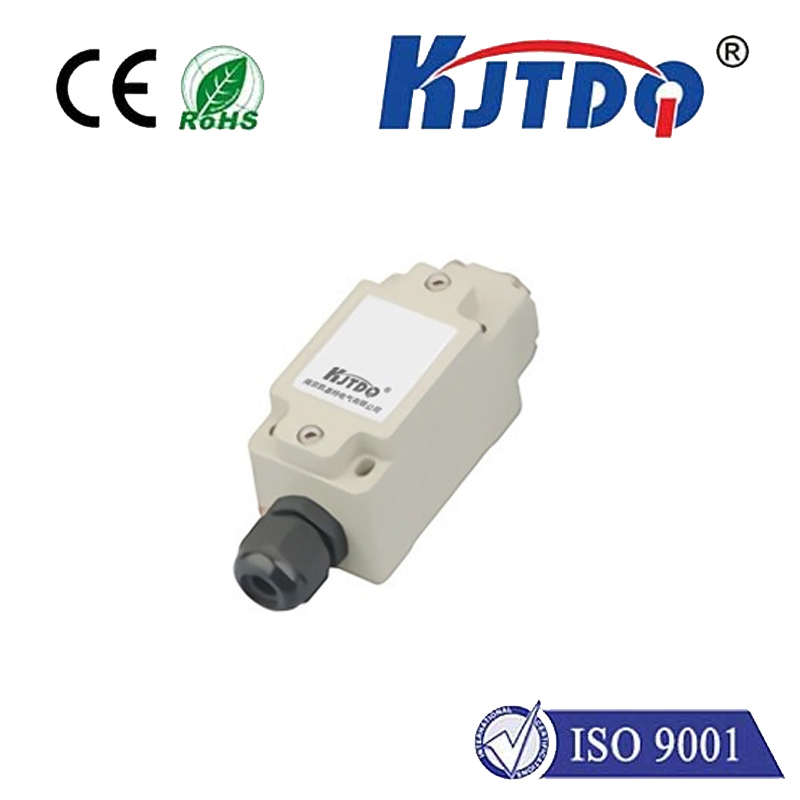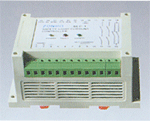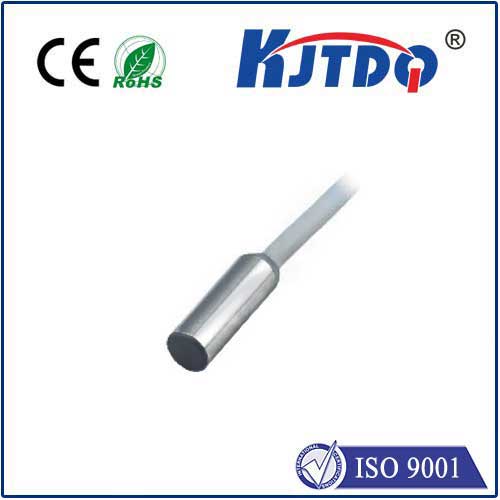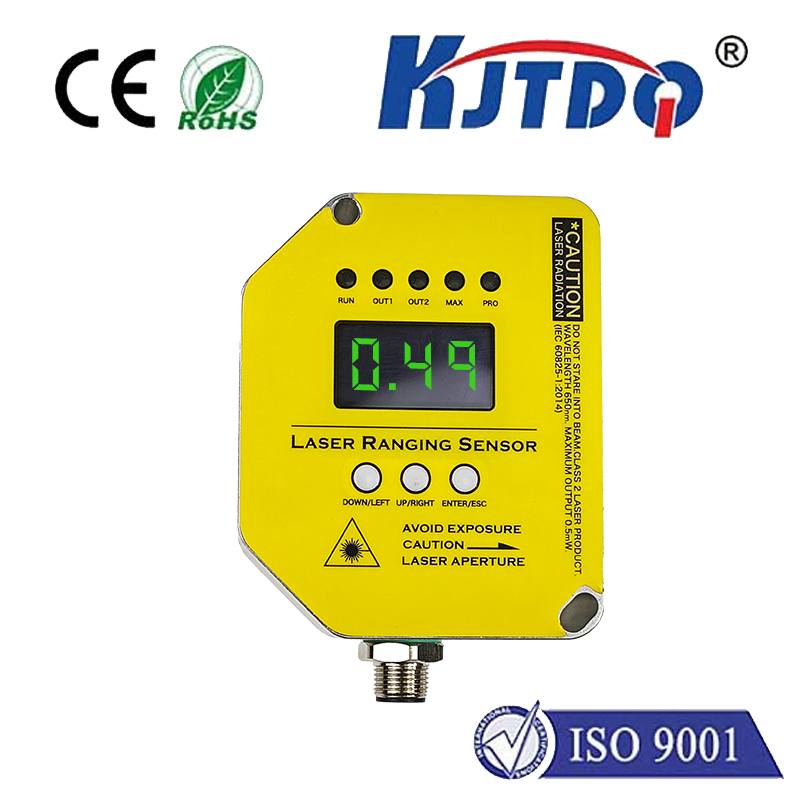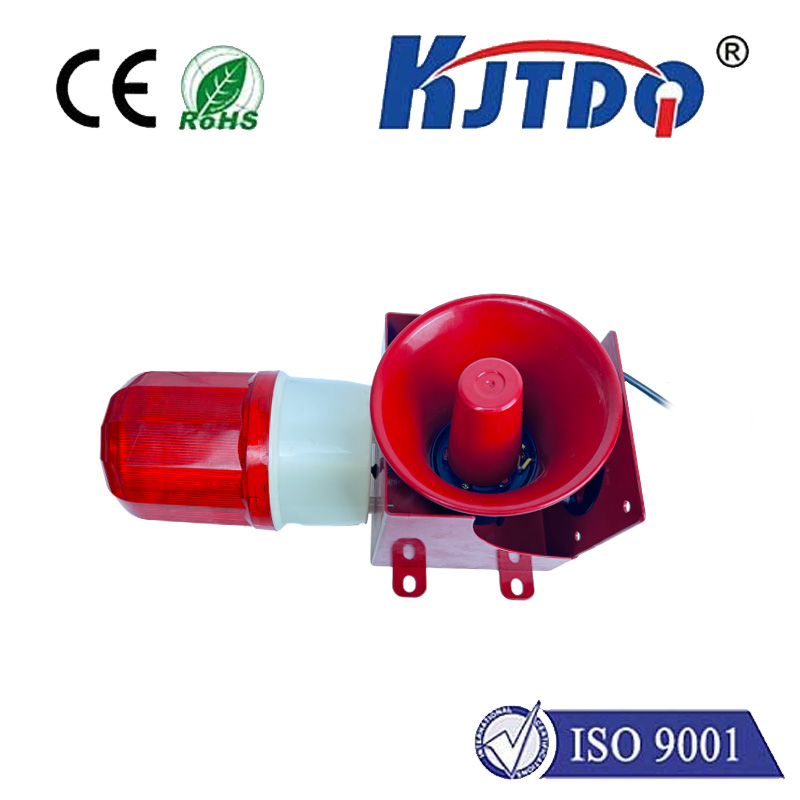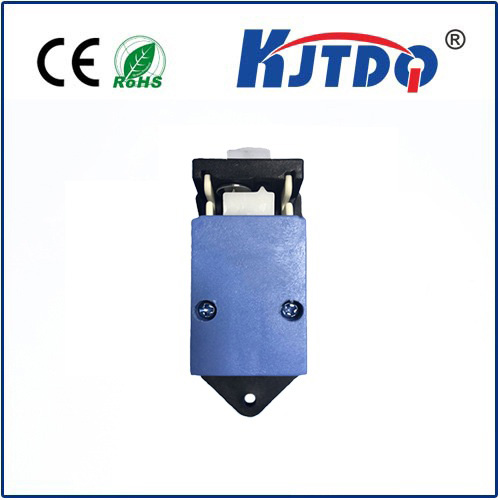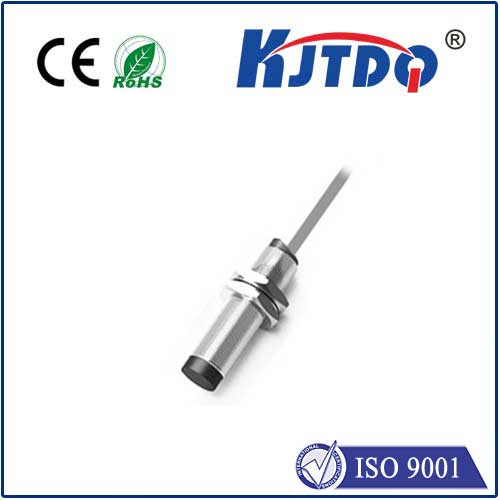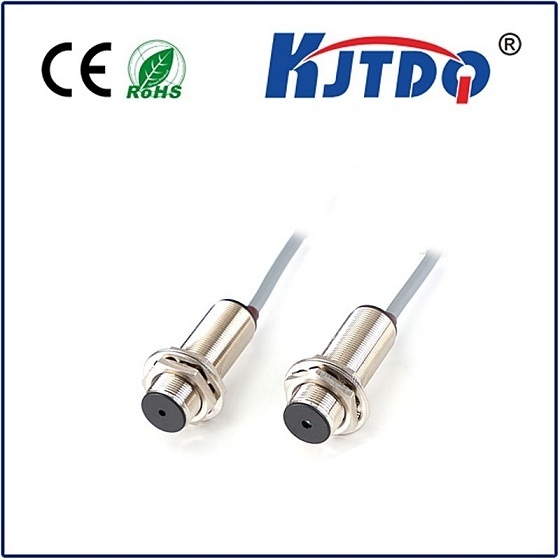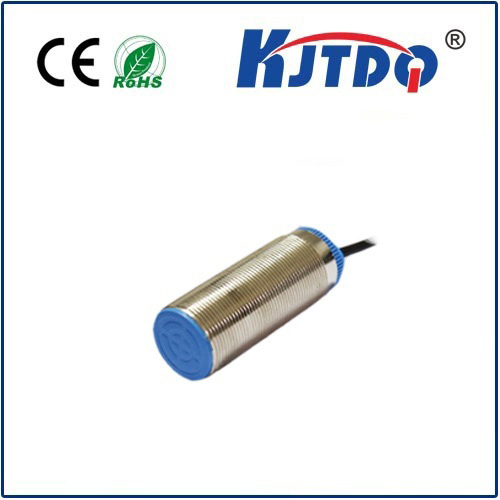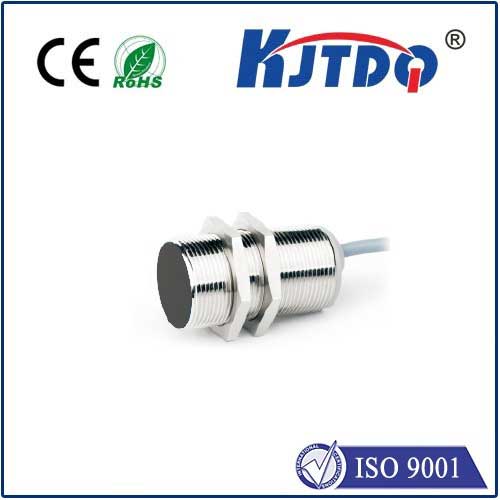
check

check

check

check
In the realm of modern technology, pressure measurement sensors have emerged as indispensable tools, providing critical data for a myriad of applications across various industries. These sensors play a vital role in ensuring safety, efficiency, and precision in numerous processes. This article delves into the significance of pressure measurement sensors, their functionality, and their impact on different sectors.
Pressure measurement sensors are devices designed to convert pressure into an output signal that can be easily measured and analyzed. They work based on principles such as piezoresistive, capacitive, or optical techniques, which allow them to detect changes in pressure and translate those changes into electrical signals. These signals are then processed to determine the precise pressure readings. One of the primary types of pressure sensors is the strain gauge sensor, commonly used due to its reliability and accuracy. Strain gauges measure the deformation of a material under pressure, providing highly precise data. Another type is the capacitive pressure sensor, known for its ability to operate in harsh environments and provide excellent stability over time.
Pressure measurement sensors find extensive applications across numerous industries, each leveraging their unique capabilities to enhance operational efficiency and safety.

Automotive Industry: In vehicles, pressure sensors monitor engine oil pressure, fuel pressure, and tire pressure. Accurate monitoring ensures optimal performance, helps prevent breakdowns, and improves fuel efficiency. Advanced driver assistance systems (ADAS) also rely on these sensors to detect road conditions and assist in navigation.
Medical Field: Pressure sensors are crucial in medical equipment such as ventilators, blood pressure monitors, and intravenous pumps. They enable precise control and monitoring of fluid delivery rates and pressures, ensuring patient safety and improving treatment outcomes.
Manufacturing and Industrial Processes: In manufacturing, pressure sensors are used to monitor and control industrial processes, ensuring that machinery operates within safe parameters. From pneumatic systems to hydraulic presses, accurate pressure measurements are essential for maintaining productivity and preventing equipment failures.
Aerospace: The aviation industry relies heavily on pressure sensors for altitude determination, flight control systems, and cabin pressure regulation. These sensors provide critical data that ensures the safety and reliability of aircraft operations.
Environmental Monitoring: Pressure sensors play a significant role in weather forecasting and climate studies by measuring atmospheric pressure. Accurate data is essential for predicting weather patterns and understanding climatic changes.
The adoption of pressure measurement sensors brings several advantages to the table. Firstly, they enhance safety by monitoring pressure levels in real-time and triggering alarms in case of anomalies. Secondly, they improve efficiency by enabling precise control of processes and equipment. Lastly, they contribute to cost savings through early detection of issues, thereby preventing costly downtime and repairs. Technological advancements continue to drive innovation in pressure sensors. Developments such as wireless sensors, smart sensors with integrated data processing capabilities, and more durable materials have expanded their applicability and effectiveness. As technology progresses, we can expect even more sophisticated and reliable pressure measurement solutions to emerge.
Pressure measurement sensors are integral to modern technology, providing vital data that ensures the smooth operation of various systems and processes. Whether in the automotive industry, healthcare, manufacturing, aerospace, or environmental monitoring, these sensors enhance safety, efficiency, and control. With ongoing technological advancements, their role is only set to become more significant, driving forward innovation and reliability in numerous fields.
